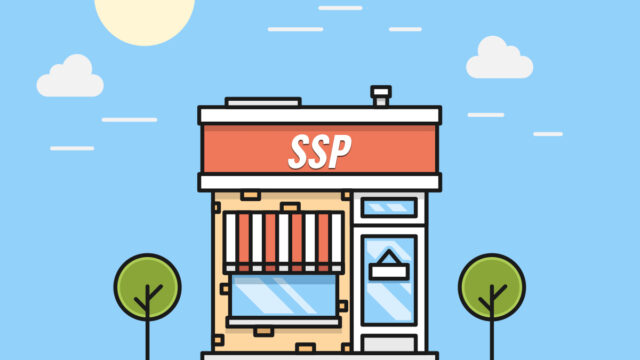Experience the buzz at NexTech, Adweek’s innovative conference for the newest tools in marketing technology. Talk with experts on generative AI, audience management, automation, the metaverse and more. Register.
The programmatic advertising industry has lately publicly rallied around cleaning up the ecosystem, championing quality over quantity: fewer spammy websites, fewer supply-side platforms and fewer resellers.
Nonetheless, bid duplication—where buyers and their ad-tech partners must sift through multiple bid requests for the same publisher ad slot—persists.
The practice was again foisted into the spotlight earlier this month when an anonymous blog post accused supply-side platform (SSP) FreeWheel, owned by Comcast, of launching a bid duplication project under the name Smart Bidding, citing internal screenshots.
A sell-side partner that seeks to create demand at all costs has fallen out of vogue in recent years as the industry seeks shorter, more transparent supply paths to buy higher-quality inventory. Outside of efforts to remove bid duplication, ad-tech firms have removed buying paths, created tools to cut out ad-tech middlemen and made it easier for brands to avoid ending up on spammy, made-for-advertising websites.
Still, the existing ad-tech machinery, and the economic incentives that undergird it, stymie quick progress.
FreeWheel’s smart bidding solution
The post alleged FreeWheel would send multiple bid requests for the same inventory on a publisher’s site, increasing demand and increasing the likelihood a buyer will bid on that particular publisher. This inflation is not an honest reflection of the publisher’s audience or inventory, and can end up wasting advertiser dollars.
FreeWheel representatives said that Smart Bidding is still in its testing phase and not publicly available, and that the post took proprietary information and shared it out of context. What Smart Bidding actually does is create more inventory on connected television, for example creating opportunities for 15-second ad to win programmatic auctions in 30-second slots, if that’s the publisher’s preference. Programmatic technology is typically designed to return 30-second ads for 30-second slots.
“Smart bidding is a solution that we are currently exploring,” said David Dworin, chief product officer at FreeWheel. “Right now, we are very much in the test, learn and iterate phase, and so we are still learning, improving and innovating to make sure this solution, when it’s ready to hit the market, helps solve for today’s industry needs, while adhering to the highest industry standards, guidelines and best practices.”


